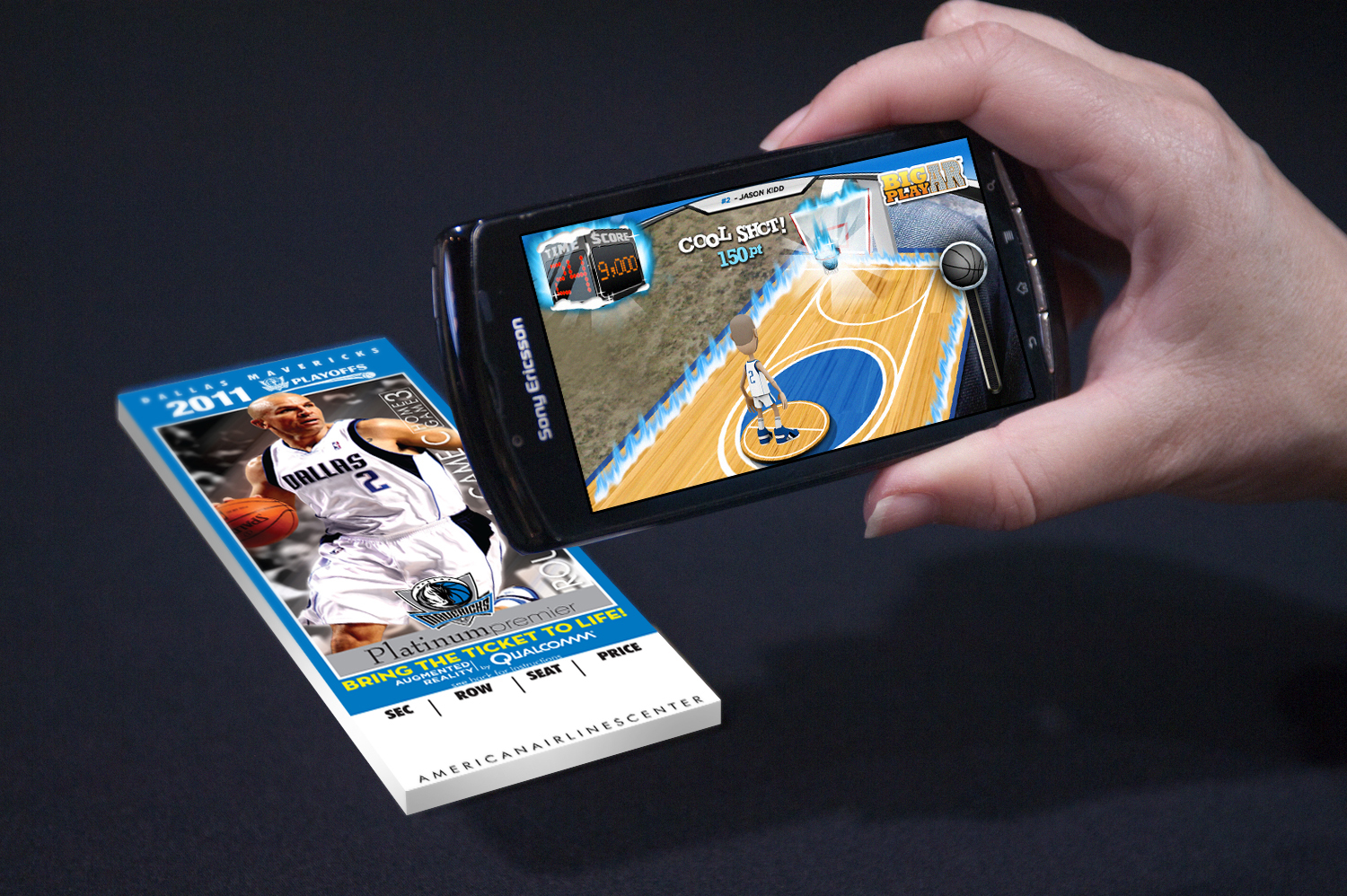
Public speaking: we all do it, but we’re not all good at it
“Communication is all about doing what feels natural… I have a style that works for me, and you should find your style as well.”
I’m over it. I can’t count the number of times I have heard some variation of the above phrase. It infuriates me every time. Why? Because it’s stupid. It’s lazy. It’s ignorant. And it’s pervasive.
Employees roll their eyes when you stand up to speak. Clients don’t buy from you. Industry conferences don’t ask you to join the panel (or invite you back). And yet- you continue doing the same thing.
You are not unique. I see it all the time, particularly among people who speak often. They become victims to what I call the “curse of the compliment.” In an audience of 1000, two people tell them the speech is great. That must mean everyone thinks they are great, right? Wrong. The speech sucked and they will never grow their business if they don’t improve. Good luck telling them that, though.
You might not be speaking in front of thousands, but you do presentations and public speaking, whether you like it or not. As Tony Jeary’s book articulates so well, “Life is a Series of Presentations.”
Don’t be a victim of “do what feels natural”
People approach communication in its various forms (meetings, presentations, interviews) unlike they approach any other activity. Like Happy Gilmore’s golf strategy- they do what feels natural. Unfortunately, this is not a movie. In real life, if you hit a golf ball like you are playing Hockey- you will be terrible. There is a right and wrong to golf. There are best practices and worst practices. Golf is predictable. If you have a bad golf swing (Charles Barkley notwithstanding), you will be a bad golfer.
And so it goes with communication. Don’t be a victim of the “do what feels natural” lie. I offer you a few truths to combat this lie:
- Great communication is not ‘natural.’ As long as you believe that the skills that create influence, build rapport, and move audiences are born into your genetics, you will have no reason to actively work to improve your performance. Belief in what I call the birth myth is the surest route to your stagnation.
Any time you think that you can’t improve- consider Bill Clinton. Lauded as one of the great rhetors of the last 30 years, he was heckled and had his mic turned off during his first speech in front of a national audience (DNC- 1988).
- Communication habits develop over time. The way each person communicates in a given scenario is the result of past feedback they have received. Unfortunately, we are often given bad feedback that leads us to adopt bad habits- demonstrations of aggression, fear, or indifference . At some point, typically when we are young, we had an experience that taught us that such a strategy provided our best chance to deliver the results we sought (safety, anonymity, control, power). Over time, these behaviors became habits. These habits became identity forming.
- We can change our behaviors. We are not stuck in the communication patterns of our past. But we are only able to change if we separate our communication strategies from who we are as people. We must think of communication like we think of golf, not like we think of our personality.
Changing long-rooted bad habits takes two elements:
- Knowledge: become aware of how you are perceived. Identify key areas that limit you (posture, gestures, facial expressions, eye contact, verbal padding, voice, message clarity, etc.).
- Practice: actively work to improve. Habits that have taken years to develop don’t go away over night, but they can go away over time.
My question for you is this: are you willing to take the time to learn how you are perceived in your communication habits? Are you willing to do the work to change it?
Curt Steinhorst loves attention. More specifically, he loves understanding attention. How it works. Why it matters. How to get it. As someone who personally deals with ADD, he overcame the unique distractions that today’s technology creates to start a Communications Consultancy, The Promentum Group, and Speakers Bureau, Promentum Speakers, both of which he runs today. Curt’s expertise and communication style has led to more than 75 speaking engagements in the last year to organizations such as GM, Raytheon, Naval Academy, Cadillac, and World Presidents’ Organization.









































Don Reedy
February 11, 2013 at 11:49 am
Curt, you are “like so right on, dude.” Everyone, as you say, has his/her own story. Mine goes as follows, and I’m only sharing briefly because your article will help me fix a problem.
I am easy going, love puns and words, and pay attention to people…so much more than I think most do. That habit makes we want to share and share and share. But when speaking I tend to talk too long, write too long, communicate too long.
So thanks for the advice on changing old habits. Today, while I could go on and on, I’ll just say thanks for letting me know I should “practice” what I “know.”
Curt Steinhorst
February 11, 2013 at 4:21 pm
Thanks for the encouragement Don! I’d love to chat more about it offline. shoot me an email when you have a few… curt@promentumgroup.com
Chip Eichelberger
February 11, 2013 at 1:00 pm
The best way to see if you do suck, is to record your presentation ideally with video, it takes guts to record it and more to watch it. Are you interesting to listen to and watch? Likely not. Get some. Coaching.
Curt Steinhorst
February 11, 2013 at 4:21 pm
Excellent insight Chip…coming from one of the best in the business.
Missy Caulk
February 11, 2013 at 5:12 pm
I tend to speak from the heart my passion. If I start to use notes…it is not good. Therefore I never take on something I truly don’t believe it. Any recommendations for me?
Curt Steinhorst
February 12, 2013 at 10:03 am
I’m sure you are not alone. I would have to see you speak to give precise feedback. As a general rule, organized thinking (I recommend a detailed outline) is necessary for effective communication. What you are describing sounds like an anxiety issue. We reduce anxiety by taking hold of the lies we let float through our head prior to a speech (I’m going to forget, people won’t laugh, people will laugh at me…etc) and replacing them with truth.
I’m happy to chat more about this offline.
Missy Caulk
February 12, 2013 at 11:48 am
Yes I do use an outline.
Missy Caulk
Missy@MissyCaulk.com
734-216-2822
Richard I. Garber
February 13, 2013 at 12:00 pm
Curt:
Another lie that lots of people fall for is that public speaking is the number one or the greatest fear. If you look beyond the silly old 1977 Book of Lists, you will see that’s nonsense:
https://joyfulpublicspeaking.blogspot.com/2012/10/either-way-you-look-at-it-public_23.html
Richard